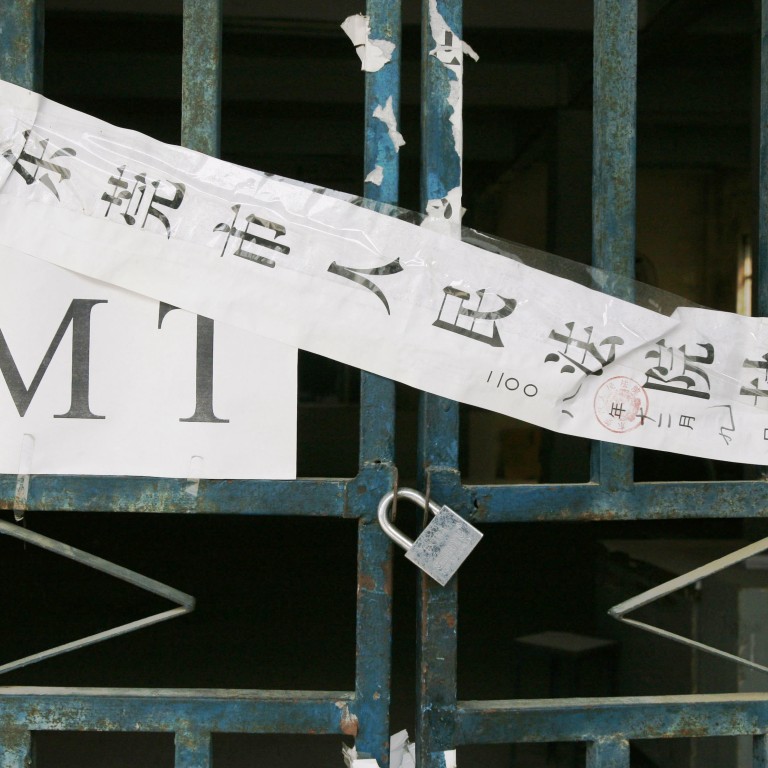
Mayor of troubled Chinese manufacturing hub Dongguan insists recovery is under way despite business closures
About 500 businesses closed their doors in Dongguan this year but mayor Yuan Baocheng insists the local economy is under control and denies a second wave of factory closures has hit the city since the 2008 global financial crisis.
Yuan said on Wednesday that the closures were "a normal part of restructuring".
“This year, we learnt that about 500 foreign and domestic businesses have closed,” Yuan said. “[Under] reasonable market competition, it’s normal to see some business close and others open.”

“These figures show the economic structure and market changes fall within a controllable range,” Yuan said.
The mayor’s comments come amid growing concerns about the declining business environment in the city.
Media reports have highlighted sudden business closures on the back of disappointing export figures while workers have taken industrial action demanding businesses settle outstanding wages before closing shop.
The Pearl River Delta city once celebrated as the “world’s manufacturing hub” has been hit by a wave of factory closures since the 2008 global financial crisis, prompting migrant workers to relocate to more promising cities.
According to Taiwan’s China Times newspaper, the number of Taiwan-owned businesses has plummeted from about 8,000 to some 3,000 since 2008.
Meanwhile, mainland weekly The Economic Observer reported that about 72,000 business closed in Dongguan between 2008 and 2012.
The claims were denied by Yuan, who said the city’s economic performance was improving gradually and he was confident about the city’s economic growth.
Dongguan’s economic output in the first three quarters of this year was worth 456 billion yuan, a 7.9 per cent increase over the same time last year.
Yuan said Dongguan would benefit from Beijing’s "One Belt, One Road" economic strategy as all modes of transport were improved to Southeast Asia, Central Asia and Western Europe.
Yuan was previously quoted by China News Service as saying that 428 businesses closed in Dongguan in 2014.
He denied this was a “wave of closures” but acknowledged some low-end manufacturing businesses had relocated to Southeast Asia.

